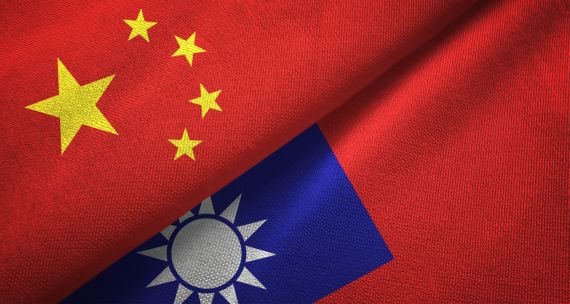This report, the third in our Contemporary China: An Asia Pacific Foundation of Canada Research Series explores the nature and potential implications of the most recent Chinese state-owned enterprise (SOE) reforms under the presidency of Xi Jinping. This new round of SOE reforms is important not only because it is a cornerstone of Xi’s vision for a rejuvenated China, but also because it marks a departure from the traditional reform patterns of earlier administrations.
Two innovations set these current reforms apart from their predecessors: the re-centering of SOEs in Beijing’s national reform agenda, and the recentralization of power within SOE institutions.
While showing great promise, however, this ambitious plan also has weaknesses that may hinder its successful implementation. This paper identifies policy incoherence, selective reform practices, and limitations in local experiments as the three major issues that could potentially impede Beijing’s reform agenda.
Reform and change in China brings new opportunities and challenges to Canadian enterprises. This paper concludes with policy suggestions for the Canadian government and investors on how to best respond to and benefit from China’s recent economic transformation.
To read the other reports in our series, click the links below:
BONUS: Late in 2016 APF Canada had an opportunity to speak with two young lawyers working with large SOEs in China during their work exchange at Dentons Vancouver. Click here for our Q & A with lawyers Liu Li, Deputy General Manager, Audit and Legal Department, Expo Shanghai Group and Zhou Qi, Director, Cooperation and Legal Department of SAIC Motor Co., Ltd.



